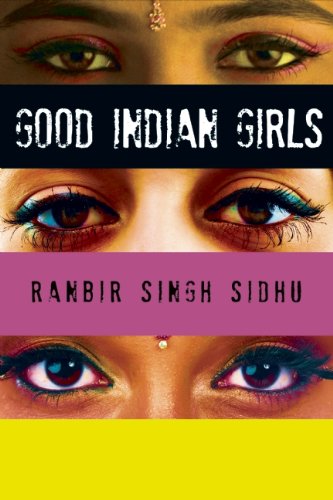Simon Kewin was born and raised on the misty Isle of Man, but now lives and works deep in rural England. He divides his time between writing SF/fantasy fiction and computer software. He has had around fifty short stories published in a variety of magazines and anthologies, along with a similar number of poems. He has a degree in English Literature from the Open University.
He is currently learning to play the electric guitar. It’s not going that well, frankly.
He lives with Alison, their two daughters Eleanor and Rose, and a black cat called Morgan to which he is allergic.
What is your writing process?
I write every day, although it can be tough fitting that in and around everything else. Some days I only manage 30 minutes. If I don’t manage any I start to get antsy. I’ve basically gotten used to grabbing any time I can here and there and my family are very good at giving me a little space. I envy madly those people who can spend all day writing, but on the other hand there’s nothing like knowing you’ve only got very limited time to focus your mind. If I did have hours and hours each day, it would be interesting to find out how much more I write. One day, that’s something I shall discover…
What’s some writing advice you’ve received, that works for you?
I’m wary of writing advice, I have to say, because I find it tends to make me think I’m doing lots of stuff badly and that’s a creativity killer. The most basic advice for any writer is to read a lot and write a lot and I don’t think you can go far wrong with that. And then just be true to yourself. And, yes, the adverb thing. I do find it useful to think about my next idea/chapter/scene when I’m not writing and then, when I do sit down, I know where I’m going to start. Even just the first sentence will do. Then I’m not faced with a blank page and that little blinking cursor…
Can you say a little bit about the genesis of your most recent book?
Engn is a kind of fantasy book—although it has no magic or fantasy beasts in it. It’s a sort of alternative-world steampunkish sort of book. One or two people have compared it to Gormenghast, and that’s something that pleases me beyond measure. As to its genesis, it was basically the collision of two unrelated ideas. I find a lot of stories start like that: what happens if I take this idea and this idea and smash them together? So, I had the idea of a vast, steam-powered, city-sized machine that people live and work within. It is huge and incomprehensible and strange. It seemed like it could be a pretty good setting for an adventure story. The other idea was to do with being true to youthful ideals. I imagined two young people making promises to each other about what they’re going to do with their lives and the question becomes, do they remain faithful to that or do they move on?
How much research do you do?
Very little. I write mostly fantasy and SF because you can just make it all up. I will obviously check facts where I need to. With Engn, there’s quite a bit of stuff about steam engines and the like and, while it is a made-up (probably impossible) world, I did try to stick to realistic details for the machinery. My father, as it happens, is an engineer and knows a lot about this sort of thing. He spotted only one mistake, to do with a soldering iron, which I was pleased about…
Have you had to sacrifice anything in the rest of your life to write?
Time, money and helpless animals. I’m kidding about the last one.
Why do you write?
I don’t know. It’s just what I do. My question would be why don’t some people write?
| This interview is part of Intermittent Visitors: a multi-author blog tour. |

